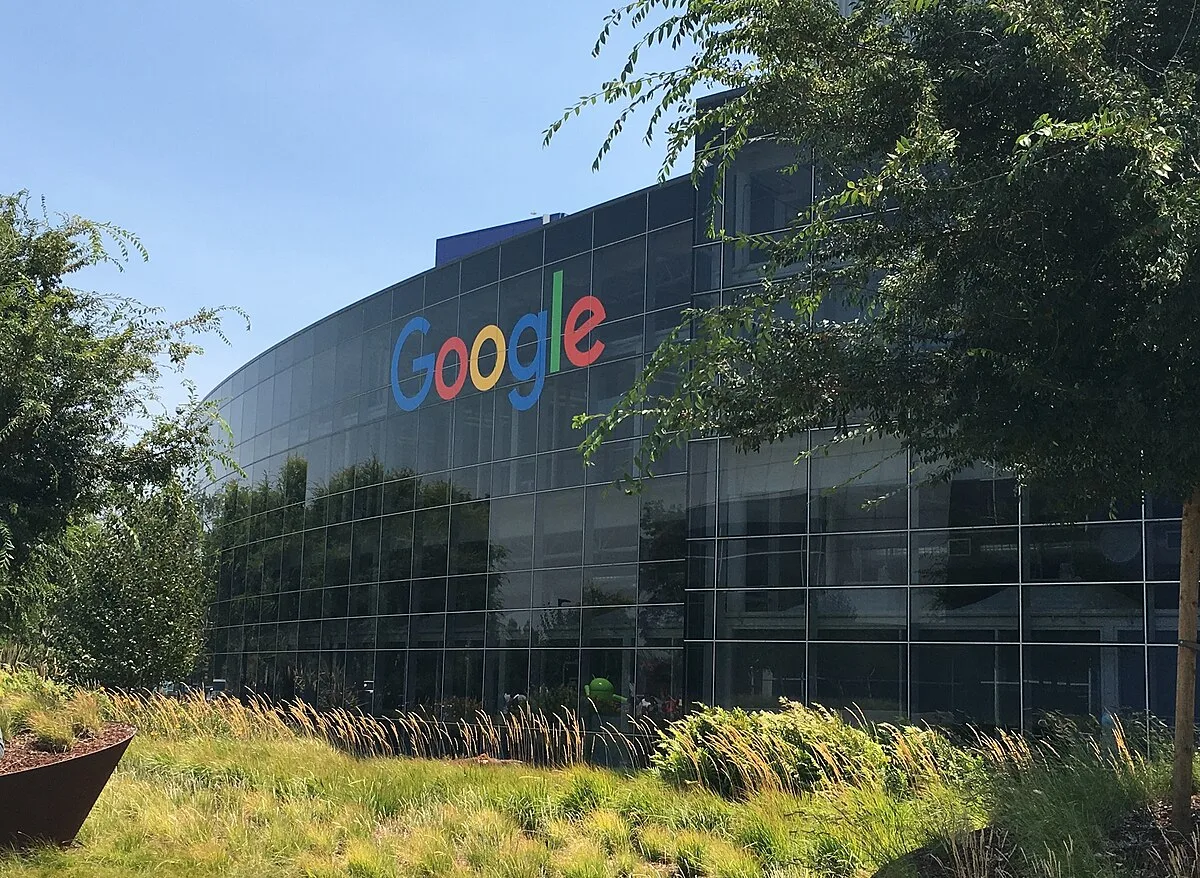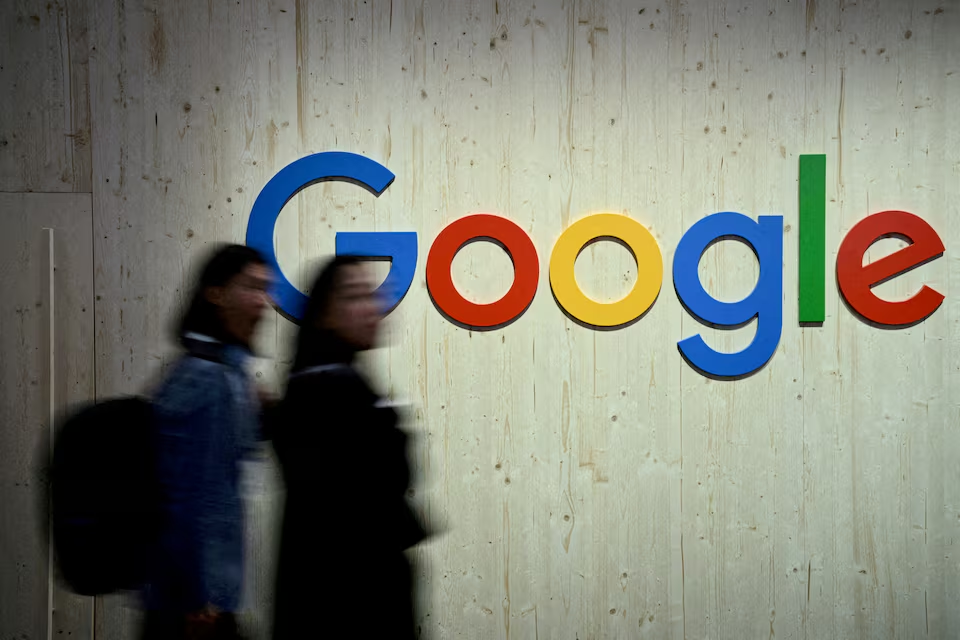
Google Heads to Appeal Over Antitrust Ruling on Search Monopoly
WASHINGTON, May 31 Tech giant Google has announced plans to appeal a U.S. federal judge’s antitrust ruling, challenging the proposed measures aimed at curbing its dominance in the online search industry.
In a post shared on X (formerly Twitter), the Alphabet-owned company stated:
“We will wait for the Court’s opinion. We still firmly believe the Court’s original decision was incorrect and we look forward to appealing it.”

This development follows a Friday session where U.S. District Judge Amit Mehta, presiding in Washington, listened to closing arguments on how best to address Google’s monopoly in search and digital advertising. Notably, the judge appears inclined toward lighter remedies than the 10-year regulatory oversight proposed by federal antitrust enforcers.
Earlier in April, another federal judge found that Google had illegally dominated two crucial online advertising markets. In response, the U.S. Department of Justice (DOJ), along with a coalition of states, has asked the court to compel Google to sell off its Google Ad Manager unit, which includes the company’s publisher ad server and ad exchange.
The DOJ is also pushing for Google to end multibillion-dollar deals that ensure it remains the default search engine on new Apple devices and smartphones from other manufacturers. Regulators say these deals restrict consumer choice and entrench Google’s position in the market.
Beyond search, antitrust officials have raised alarms over Google’s growing influence in artificial intelligence, especially with tools like Gemini, which benefit from the company’s search data dominance.
In defense, Google’s lawyer, John Schmidtlein, argued that the company has taken steps to address competition concerns. He noted that Google has stopped entering exclusive agreements with mobile carriers and smartphone makers like Samsung, thereby allowing them to install rival search engines and AI-powered apps.
The legal battle could reshape the future of search, advertising, and AI, marking one of the most consequential antitrust cases in the tech industry’s history.






